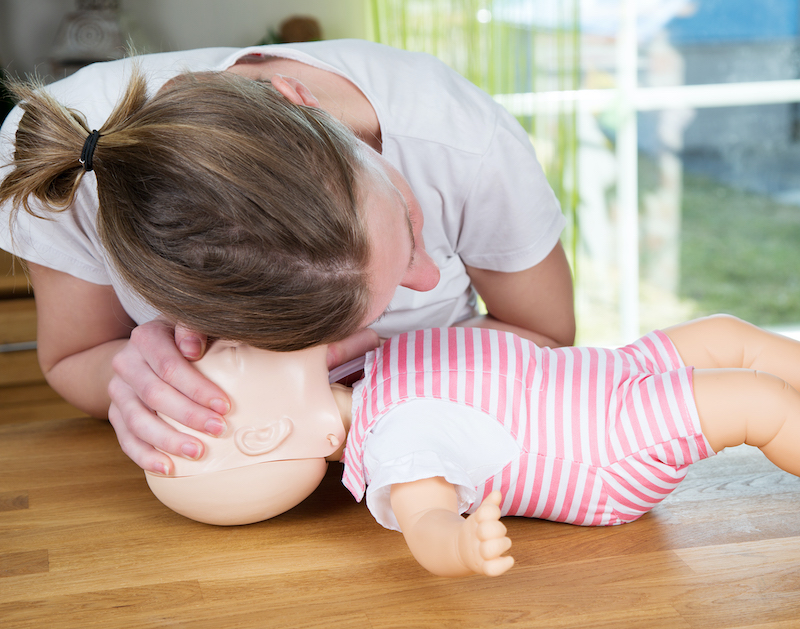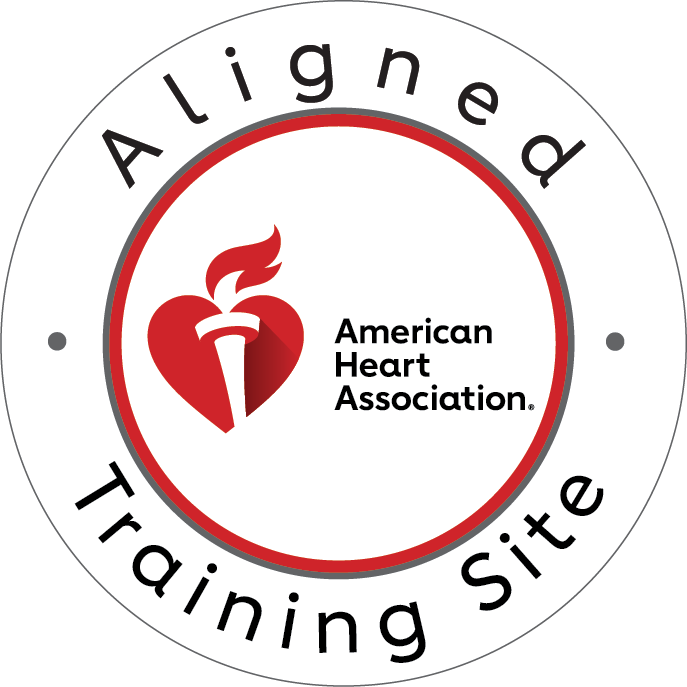Introduction
Cardiopulmonary Resuscitation (CPR) is a life-saving technique that is essential in emergencies like cardiac arrest. It involves a combination of chest compressions and rescue breaths designed to keep blood and oxygen flowing through the body until professional medical help arrives. The American Heart Association (AHA) recommends the CAB sequence in CPR: Compression, Airway, and Breathing. Despite its importance and widespread training, many misconceptions persist about how CPR should be performed. In this article, we will debunk the top five misconceptions about CAB in CPR that you shouldn’t believe.
Misconception 1: Only Medical Professionals Should Perform CPR
One of the most common misconceptions is that only trained medical professionals should perform CPR. This belief can prevent bystanders from taking action in an emergency, potentially costing lives. The reality is that bystander CPR can significantly increase survival rates in cases of cardiac arrest. According to the AHA, immediate CPR can double or even triple a person’s chance of survival.
While professional training is highly beneficial, anyone can and should perform CPR if they witness someone in cardiac arrest. The key steps—calling 911, starting chest compressions, and, if trained, providing rescue breaths—can make a crucial difference. Layperson training and certification are widely available and can empower more people to act confidently in emergencies.
Misconception 2: Chest Compressions Must Be Perfect
Another misconception is that chest compressions must be performed perfectly to be effective. This belief can lead to hesitation and inaction, as bystanders may fear doing it wrong. The truth is that any chest compressions are better than none. The primary goal is to maintain blood circulation, and even imperfect compressions can help achieve this.
Research shows that good-quality chest compressions, performed at the correct depth and rate, are important. However, the critical factor is to start CPR immediately. The AHA recommends compressing the chest at least 2 inches deep at a rate of 100 to 120 compressions per minute. It’s more important to act quickly and provide compressions than to worry excessively about the perfect technique.
Misconception 3: Mouth-to-mouth resuscitation is Always Necessary
The belief that mouth-to-mouth resuscitation is always required can deter people from performing CPR, especially in situations where they may feel uncomfortable or unsafe providing rescue breaths. However, hands-on CPR is often sufficient for adults who suddenly collapse.
The AHA endorses hands-on CPR, which involves just chest compressions, for untrained bystanders or situations where rescue breaths might be difficult to administer. Hands-only CPR is effective in many cases, particularly for adults. However, mouth-to-mouth resuscitation is still recommended for certain scenarios, such as for children, infants, drowning victims, or people who have collapsed due to respiratory issues.
By understanding when hands-on CPR is appropriate, more bystanders may feel empowered to act quickly and confidently in an emergency.
Conclusion
Misconceptions about CPR can hinder timely and effective intervention in critical situations. By debunking these myths and spreading accurate information, we can encourage more people to take action and potentially save lives. Remember, the first step in an emergency is to call 911, and then start chest compressions. Your willingness to perform CPR, even if not perfect, can make all the difference.
Call to Action
If you’re interested in becoming certified in CPR, consider enrolling in CPR certification in Louisville. CPR Louisville is an American Heart Association training site that offers initial certifications and renewal in BLS for Healthcare Providers, ACLS, PALS, and CPR and First Aid courses. All classes are stress-free and hands-on, ensuring you get the best CPR training in Louisville. Spread the word and help dispel these misconceptions to create a community of informed and prepared individuals ready to act in emergencies.





